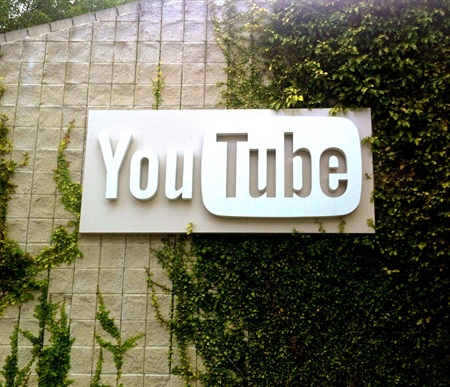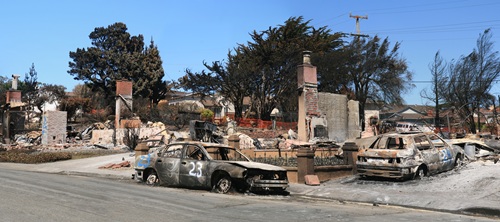
Comcast says it’s acquiring San Bruno, California’s CityNet, a municipally owned and operated broadband, video and voice network that currently serves over 5,400 residents and businesses.
San Bruno’s $8 million sale to Comcast was prompted by $21.5 million in debt and what the city says was surging operating costs. Unlike many municipal broadband providers, San Bruno also provided television services, which many smaller providers and communities are moving away from due to soaring programming costs and dwindling and unsustainable profit margins.
“Rates simply were not keeping pace with costs,” Bruno city manager Alex McIntyre wrote in a January report to the City Council. “CityNet has grown increasingly technologically obsolete over the past decade.”
Despite increasing service rates between 9 and 12 percent, the city says it saw operating losses of $794,852 in 2023 and $859,995 in 2022.
Originally founded in 1972 as San Bruno Cable TV, the pioneering cable broadband operator (with some scattered fiber development) struggled with modernizing its coaxial network to fiber, something city leaders refused to fund.
“A significant City-funded capital investment would be required to bring CityNet’s technology and operations up to current industry standard, as well as rate adjustments,” McIntyre wrote. “The Council declined to authorize this capital request in April 2023.”

Making cable television a cornerstone of the network ultimately wound up being its undoing. Programming costs continue to relentlessly increase, something smaller providers increasingly find they lack the scale or leverage to manage. Most newer municipal broadband providers offer Internet-only service and instead direct customers to alternative streaming options for increasingly popular TV platforms (Roku, YouTubeTV, headquartered in San Bruno, etc).
Annoyed by the price hikes required to fund traditional cable TV programming, a growing number of Americans have cut the cord and migrated to streaming video. Even Comcast has been forced to shutter or spin off many of its traditional cable TV networks due to dwindling cable TV revenues and fading interest from younger Americans.
“This outcome was inevitable given that the enterprise lost over $21 million over the past decade due to skyrocketing costs of programming, and it simply doesn’t make financial nor practical sense any longer to run our own cable/internet enterprise,” city Councilmember Tom Hamilton wrote in a city newsletter.
It’s been little solace to city residents who are happy with CityNet. When a local Facebook group first posted news of the likely sale online, one San Bruno resident wrote:
“So sad. I was a big fan of it, but not investing in fiber several years ago was the death knell.”
Another resident wrote: “This would be a very sad day for SB residents! Comcast is horrible!”

The city, devastated in 2010 by a Pacific Gas & Electric natural gas pipeline explosion that left eight dead, says it issued a Request for Interest (RFI) last December to gauge the private-sector’s appetite to acquire CityNet's customer base and infrastructure. Comcast ultimately offered to pay $8 million – despite the lack of affordable access provided by the likes of Comcast which is often what prompts many municipalities to build networks in the first place.
Meanwhile, last year, city officials opted to use $51.5 million of a $70 million settlement award from PG&E to open a new recreation center.
“We welcome Comcast to our community,” Mayor Rico E. Medina of San Bruno said of the deal in a statement. “CityNet serves our community well, but the evolving demands of maintaining and upgrading our network have highlighted the need for a partner with the resources and expertise that Comcast brings.”
Inline image of ivy covered wall at YouTube headquarters in San Bruno courtesy of John Manoogian III on Flickr, Creative Commons, Attribution-ShareAlike 2.0 Generic
Inline of pipeline explosion devastation courtesy of Wikimedia Commons, Creative Commons, Attribution-ShareAlike 3.0 Unported







